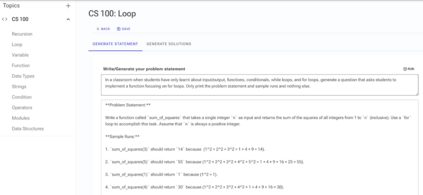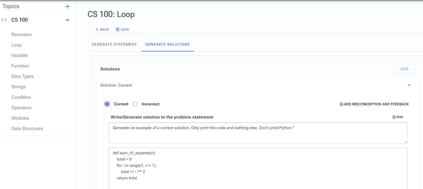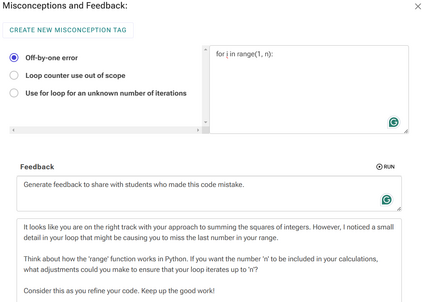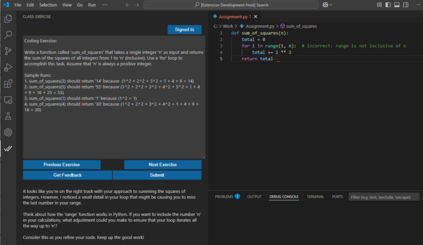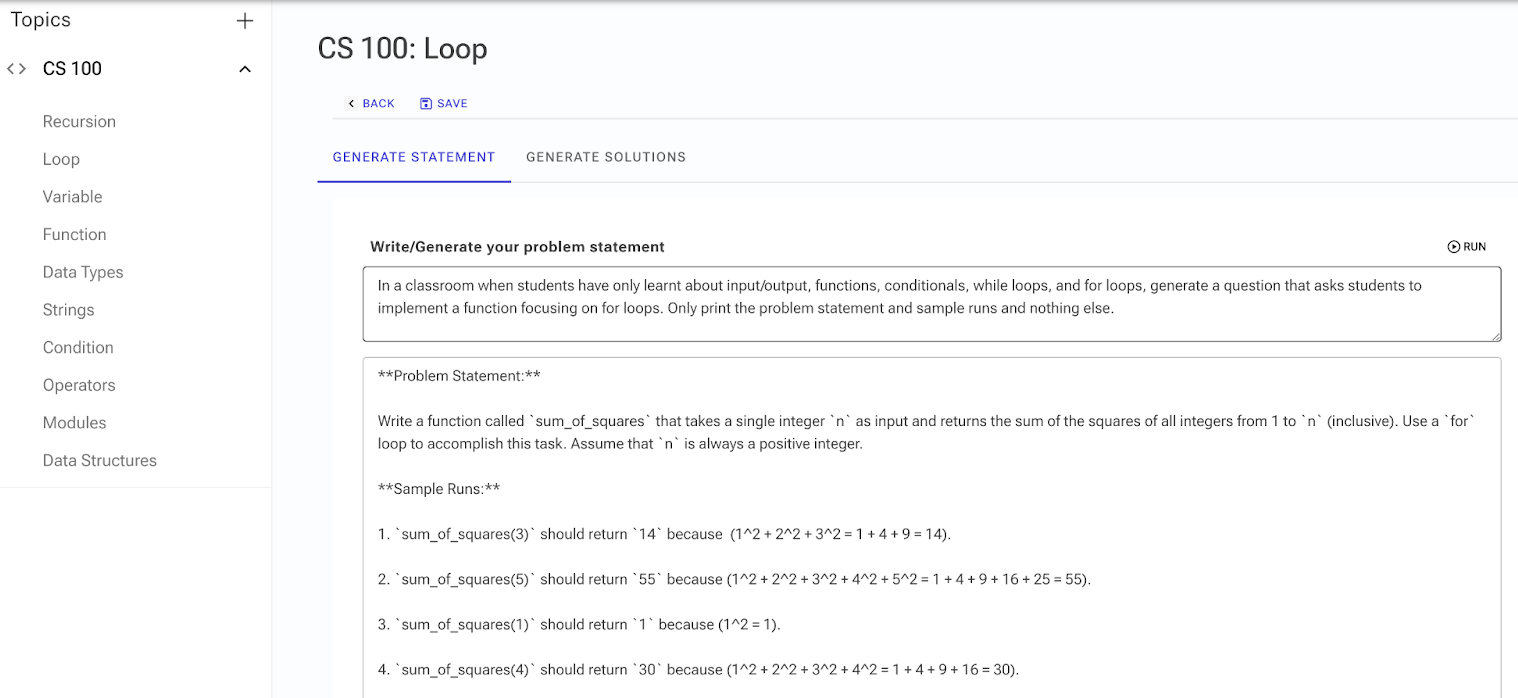Advancements in Large Language Models (LLMs), such as ChatGPT, offer significant opportunities to enhance instructional support in introductory programming courses. While extensive research has explored the effectiveness of LLMs in supporting student learning, limited studies have examined how these models can assist instructors in designing instructional activities. This work investigates how instructors' expertise in effective activity design can be integrated with LLMs' ability to generate novel and targeted programming problems, facilitating more effective activity creation for programming classrooms. To achieve this, we employ a participatory design approach to develop an instructor-authoring tool that incorporates LLM support, fostering collaboration between instructors and AI in generating programming exercises. This tool also allows instructors to specify common student mistakes and misconceptions, which informs the adaptive feedback generation process. We conduct case studies with three instructors, analyzing how they use our system to design programming problems for their introductory courses. Through these case studies, we assess instructors' perceptions of the usefulness and limitations of LLMs in authoring problem statements for instructional purposes. Additionally, we compare the efficiency, quality, effectiveness, and coverage of designed activities when instructors create problems with and without structured LLM prompting guidelines. Our findings provide insights into the potential of LLMs in enhancing instructor workflows and improving programming education and provide guidelines for designing effective AI-assisted problem-authoring interfaces.
翻译:暂无翻译

